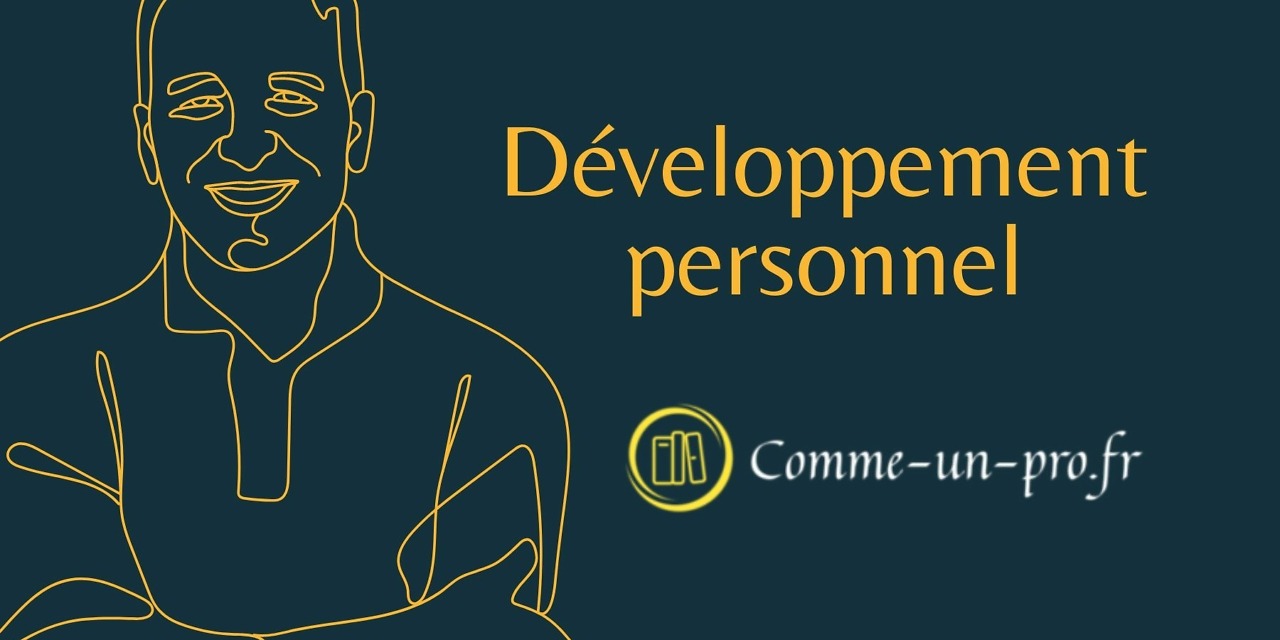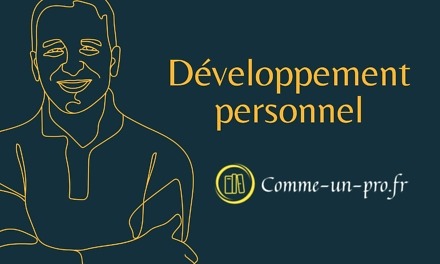Truth at the Heart of Human Interaction
In his book “Stop being nice, be real! Being with others while remaining yourself”, Thomas D'Ansembourg offers a deep reflection on our way of communicating. He suggests that by trying to be too nice, we drift away from our inner truth.
Excessive kindness, according to D'Ansembourg, is often a form of concealment. We strive to be agreeable, sometimes at the expense of our own needs and desires. This is where the danger lies. By ignoring our needs, we expose ourselves to frustration, anger and even depression.
D'Ansembourg encourages us to adopt authentic communication. It is a form of communication where we express our feelings and needs without attacking or blaming others. He stresses the importance of assertiveness, which is the ability to clearly express our needs and set limits.
A key concept in the book is that of Non-Violent Communication (NVC), a communication model developed by psychologist Marshall Rosenberg. NVC encourages us to express our feelings and needs directly, while listening empathically to others.
NVC, according to D'Ansembourg, is a powerful tool for strengthening our relationships and creating authentic connections with others. By becoming more real in our interactions, we open ourselves up to healthier and more satisfying relationships.
Hidden Kindness: The Dangers of Inauthenticity
In “Stop being nice, be real! Being with others while remaining yourself”, D'Ansembourg addresses the problem of masked kindness, a facade that many of us adopt in our daily interactions. He argues that this fake kindness can lead to dissatisfaction, frustration and ultimately unnecessary conflict.
Masked kindness occurs when we hide our true feelings and needs in order to avoid conflict or to be accepted by others. But in doing so, we deprive ourselves of the possibility of living authentic and deep relationships. Instead, we end up in superficial and unsatisfying relationships.
For D'Ansembourg, the key is to learn to express our true feelings and needs in a respectful way. This is not an easy task, as it requires courage and vulnerability. But it's a trip well worth it. As we become more authentic, we open ourselves up to healthier and deeper relationships.
Ultimately, being true is not only good for our relationships, but also for our personal well-being. By acknowledging and honoring our own feelings and needs, we take care of ourselves. It is an essential step towards a more fulfilling and satisfying life.
Non-Violent Communication: A Tool for Authentic Self-Expression
In addition to exploring the issues surrounding masked kindness, “Stop being nice, be real! Being with others while remaining yourself” presents Non Violent Communication (NVC) as a powerful tool for authentically and respectfully expressing our feelings and needs.
NVC, devised by Marshall Rosenberg, is an approach that emphasizes empathy and compassion. It involves speaking honestly without blaming or criticizing others, and listening to others with empathy. At the heart of NVC is the desire to create an authentic human connection.
According to D'Ansembourg, applying NVC in our daily interactions can help us break out of patterns of hidden kindness. Instead of suppressing our true feelings and needs, we learn to express them respectfully. This not only allows us to be more authentic, but also to develop healthier and more satisfying relationships.
By embracing NVC, we can transform our daily interactions. We move from superficial and often unsatisfying relationships to genuine and fulfilling ones. It is a profound change that can significantly improve our quality of life.
"Stop being nice, be honest! Being with others while remaining yourself” is a call to authenticity. It is a reminder that we have the right to be ourselves and that we deserve to have healthy and satisfying relationships. By learning to be real, we open up the possibility of living a richer and more fulfilling life.
And remember, you can familiarize yourself with the core teachings of this book through the video below, but this is no substitute for reading the entire book for a full and thorough understanding of these transformative concepts.


